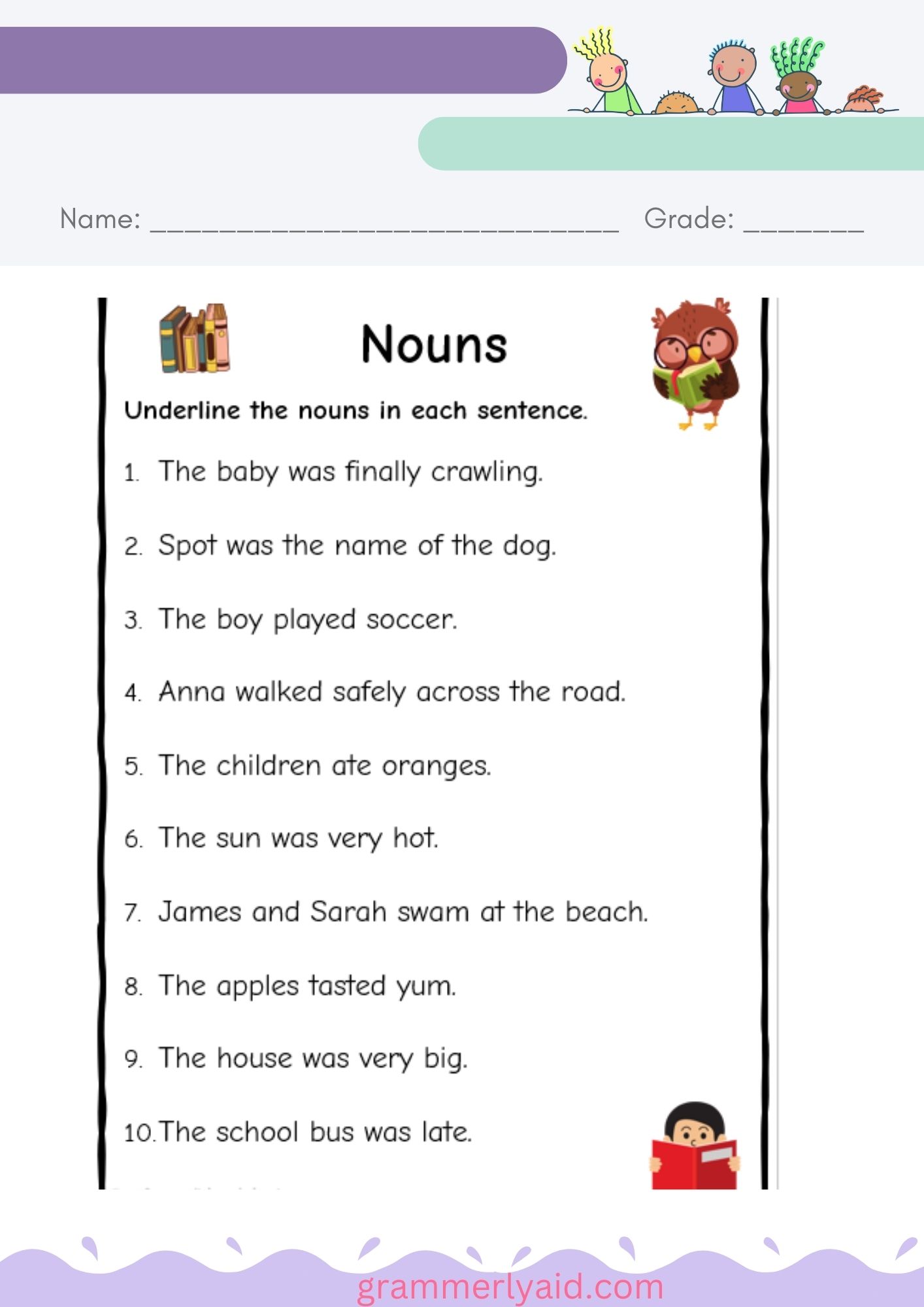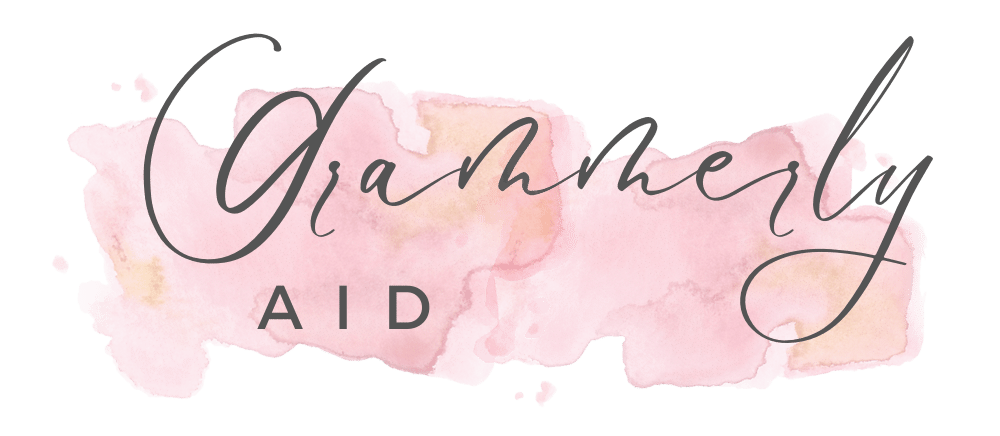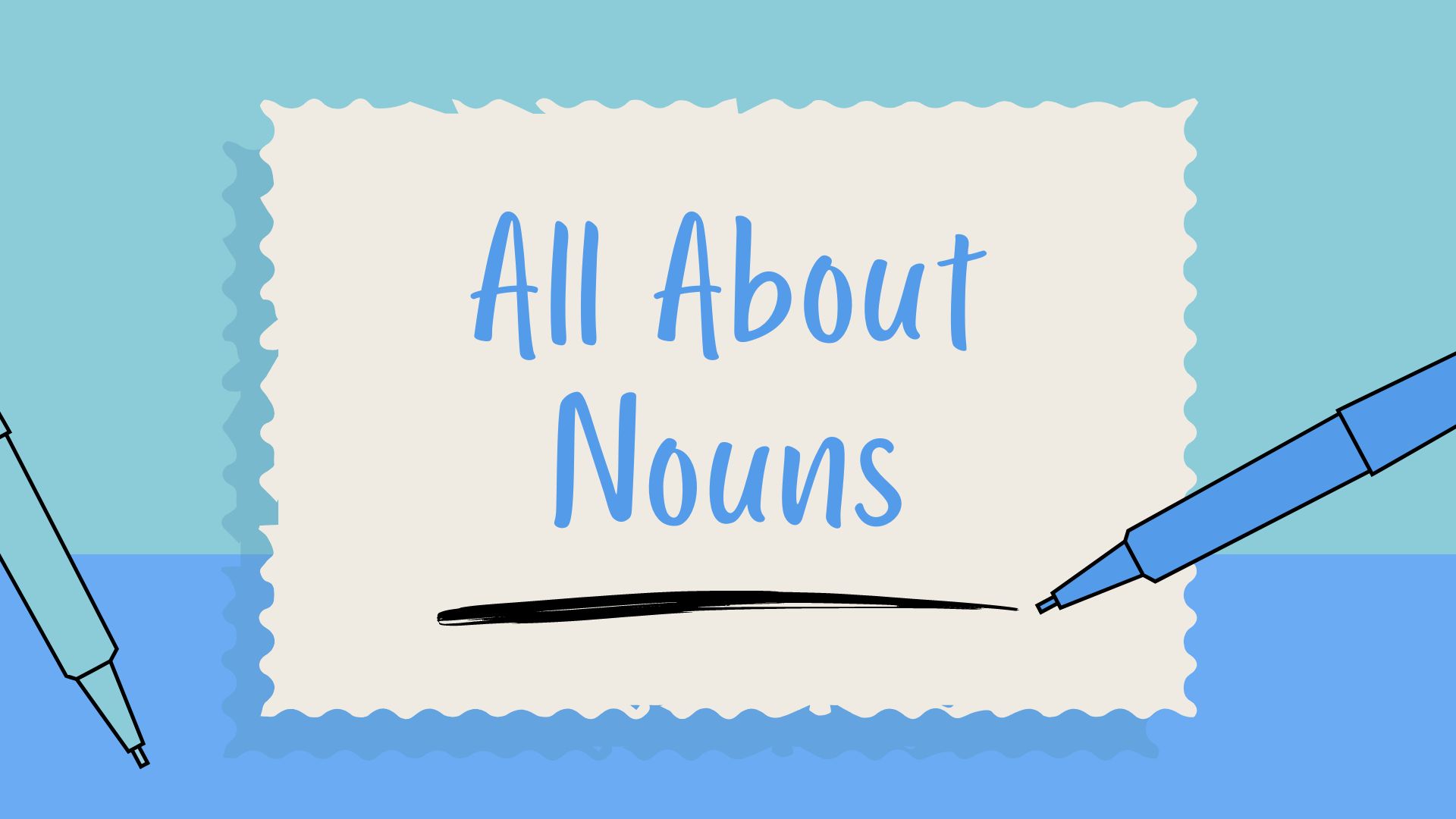Nouns are the building blocks of language, providing names for people, places, things, and ideas. Understanding the different kinds of nouns is a crucial step in mastering language skills. To make learning engaging for kids, educators often use worksheets that combine education with entertainment. In this article, we’ll delve into the various types of nouns and provide examples of worksheets designed to help children grasp these concepts with ease.
Table of Contents
What is noun?
A noun is a word that represents a person, place, thing, or idea. It serves as the naming word for people, objects, places, or concepts in a sentence.
Examples:
- Person: Mary is an excellent chef. (“Mary” is a noun representing a person.)
- Place: We visited Paris during the summer. (“Paris” is a noun representing a place.)
- Thing: The cat chased the mouse. (“Cat” and “mouse” are nouns representing things.)
- Idea/Concept: Freedom is a fundamental right. (“Freedom” is a noun representing an idea or concept.)
Types of noun:
- Common nouns refer to general, everyday people, places, or things.
- Example worksheet activity: Fill in the blanks with common nouns.
- “The _______ is flying in the sky.”
- “I saw a _______ at the zoo.”
2. Proper Nouns:
- Proper nouns are specific names for people, places, or things, always capitalized.
- Example worksheet activity: Identify the proper nouns.
- “The capital city of France is _______.”
- “My favorite book is ‘Harry Potter and the _______ of Secrets.'”
3. Collective Nouns:
- Collective nouns refer to groups of people, animals, or things.
- Example worksheet activity: Choose the correct collective noun.
- A _______ of bees
- A _______ of fish
4. Countable and Uncountable Nouns:
- Countable nouns can be counted, while uncountable nouns cannot.
- Example worksheet activity: Classify the nouns as countable or uncountable.
- Apples
- Water
5. Abstract Nouns:
- Abstract nouns represent intangible concepts, emotions, or qualities.
- Example worksheet activity: Match the abstract noun to its meaning.
- Joy
- Freedom
- Honesty
6. Compound Nouns:
- Compound nouns are formed by combining two or more words.
- Example worksheet activity: Create compound nouns.
- Tooth + Brush = _______

Nouns Used as Different Components of a Sentence
Nouns Used as a Subject
When used as a subject, a noun mostly appears at the beginning of a sentence. It can be identified by asking the question ‘who’.
Examples:
- Bruno went to the playground.
- The teacher asked the students to submit their assignments.
- The elephant was rescued safely after ten long hours.
Nouns Used as an Object
When nouns are used as objects, they appear in the latter part of a sentence. It can be identified by asking the question ‘what’.
Examples:
- I bought a pen.
- Where is your book?
- I cannot find today’s newspaper.
Nouns can be used as a direct object and an indirect object.
Nouns Used as a Direct Object
You can identify a noun used as a direct object by asking the question ‘what’.
Examples:
- Do you want a lollipop? (What do you want? – a lollipop)
- I loved my dress. (What did you love? – my dress)
Nouns Used as an Indirect Object
You can ask the question ‘for whom’ to identify a noun used as an indirect object.
Examples:
- Dan bought his sister a Mini Cooper. (For whom did Dan buy a Mini Cooper? – his sister)
- Megha baked Julie a cake. (For whom did Megha bake a cake? – Julie)
Nouns Used as a Complement
When a noun is used to modify or describe another noun, it acts as a complement.
Nouns Used as a Subject Complement
Professions and positions can perform the role of a subject complement.
Examples:
- My brother is an engineer.
- Jawaharlal Nehru was the first Prime Minister of India.
Nouns Used as an Object Complement
Object complements are nouns that follow the noun they modify. Names, professions and positions can perform the role of an object complement.
Examples:
- We named our dog, Shadow.
- The teacher made Tabitha, the class leader.
Formation of noun:
Rule:1
If a verb ends with –y, –ure, –ear then the noun form will end with –ance. If a verb ends with ‘y’ replace it with ‘i’ and add –ance to form a noun.
Example:
appear (verb) + ance (root word) = appearance (noun)
apply (verb) + (ance) (root word) = appliance (noun)
Rule:2
If a verb ends with –ere, then the noun formed will end with –ence.
Example:
adhere (verb) + ence (root word)= adherence (noun)
differ (verb) +ence (root word) = difference (noun)
Rule:3
If an adjective ends with –ant then the noun form will end with –ance.
Example:
distant (adjective) + ance (root word) = distance (noun)
important (adjective) + ance (root word) = importance (noun)
Rule:4
If an adjective ends with –ent, –ing then the noun form will end with –ence.
Example:
innocent (adjective) + ence (root word) = innocence (noun)
excellent (adjective) +ence (root word) = excellence (noun)
Here are some commonly used noun suffixes and what they mean:
| Suffixes forming nouns | Meaning | Examples |
|---|---|---|
| -ant/-ent | someone who does something or something that has a particular function | student, president, resident, assistant, defendant, accountant, deodorant |
| -ee | someone who does something | addressee, interviewee, referee, trainee, employee, refugee, trustee, lessee, retiree |
| -er, -or | someone who does something, something that does a particular job | writer, teacher, worker, dancer, buyer, actor, supervisor |
| -ism | belief, behaviour, theory or act of | journalism, criticism, vegetarianism, humanism |
| -ist | person connected with, person with a belief in | journalist, feminist, violinist, pianist |
| -ment | forming abstract nouns | government, enjoyment, management, improvement, development |
| -ness | quality or state | happiness, kindness, forgiveness, goodness |
| -sion, -tion | quality or state | discussion, excursion, population, information, communication, question |
| -ship | quality or state | friendship, citizenship, leadership, membership |
| -ity | quality or state | ability, security, similarity, curiousity |
Worksheets on noun:
Instructions:
- Read each sentence carefully.
- Identify the noun(s) in each sentence.
- Write the noun(s) on the blank line provided.
- Have fun learning about nouns!
1. The ________________ is barking loudly in the yard.
2. My sister loves to eat ________________ for breakfast.
3. The ________________ is flying high in the sky.
4. We planted colorful ________________ in the garden.
5. The ________________ at the zoo are roaring.
6. I bought a new ________________ for my school supplies.
7. Look at the beautiful ________________ in the painting.
8. The ________________ is hopping around in the grass.
9. Mom baked delicious ________________ for dessert.
10. I can hear the ________________ singing in the trees.
11. Let’s build a tall ________________ out of building blocks.
12. The ________________ are swimming gracefully in the pond.
13. Grandpa has a collection of old ________________ in his attic.
14. The ________________ is shining brightly in the sky.
15. My favorite ________________ is chocolate ice cream.
Bonus Challenge: Draw a picture of your favorite noun!
Answer Key:
- Dog
- Pancakes
- Kite
- Flowers
- Lions
- Backpack
- Mountains
- Rabbit
- Cookies
- Birds
- Tower
- Fish
- Books
- Sun
- Ice cream

Conclusion
In conclusion, nouns are like the superheroes of the English language, helping us identify and name people, places, things, and even ideas! Whether it’s a brave cat, a cozy home, or a fascinating adventure, nouns play a crucial role in making our sentences meaningful and exciting. So, the next time you read a book, write a story, or have a conversation, keep an eye out for these amazing nouns that bring language to life. Remember, nouns are the building blocks of communication, and by understanding them, you’re well on your way to becoming a language superhero yourself! Keep exploring the wonderful world of words, and have fun using nouns in all your language adventures!

